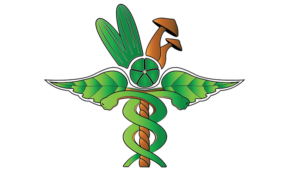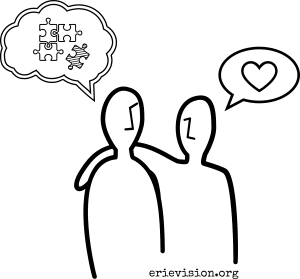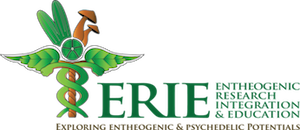ERIE is a 501(c)(3) organization dedicated to the sharing of entheogenic and transpersonal knowledge in a non-hierarchical, community based format, located in the San Francisco Bay Area.
We offer a platform for entheogenic research, integration and education. ERIE is not only a hub of integration information for entheogenic and transpersonal experiences, we also host peer integration circles to facilitate meaning-making and community building. We host monthly educational events including symposiums, forums, and conferences on varied topics surrounding entheogenic research and activism.
We are dedicated to supporting cognitive liberty by offering a learning environment to support grassroots education and outreach on the topics of integration and entheogenic potentials.
Our Mission:

Research
Review and discuss research on the use of traditional plant medicines, and their modern analogs, for creativity, healing, personal growth, and spiritual exploration
Education
Articulate a new educational paradigm that honors and draws upon the vast Indigenous knowledge of plant and fungi kingdoms, then envisions new applications of it within contemporary Western contexts
Integration
Develop integration methods that combine new research with existing, tested practices to help people incorporate extraordinary experiences into their lives
Community
Create a community forum for the responsible discussion of these topics.
Our Vision:
What we see
ERIE envisions an integral worldview that is suited to a meaningful and mysterious cosmos. We believe that this perspective is necessary to achieve a healthy, sustainable future for our species and for the biosphere. The integral view entails remembering our once-respectful relationship with nature and the lessons that she has to offer us and incorporating it with the best of modern discoveries.
Why we exist
Over 30 million people in the United States have taken a psychedelic (Krebs & Johansen, 2013) As an educational organization, our goal is to inform and assist those who choose to explore entheogens about the potent effects of these powerful psychic amplifiers. This includes integration, an educational process of discovery of the self, the community, and the environment.
Our Approach
Entheogens have been used since prehistory by Indigenous peoples, through their respectful, intimate relations with Nature. We strive to coordinate ancient Indigenous wisdom with contemporary research to produce a composite picture that is meaningful and relevant to the lives of contemporary Westerners.

An educational approach to integration
Due to the challenges the Western reductionist paradigm has in addressing extraordinary and transpersonal entheogenic experiences, we take an educational approach to integration. Mezirow's (1997) description of transformative learning offers an illustration of this model:
- Education that fosters critically reflective thought, imaginative problem posing, and discourse is learner-centered, participatory, and interactive, and it involves group deliberation and group problem solving
- Effective discourse depends on how well the educator can create a situation in which those participating have full information; are free from coercion; have equal opportunity to assume the various roles of discourse (to advance beliefs, challenge, defend, explain, assess evidence, and judge arguments); become critically reflective of assumptions; are empathic and open to other perspectives; are willing to listen and to search for common ground or a synthesis of different points of view; and can make a tentative best judgment to guide action. These ideal conditions of discourse are also ideal conditions of adult learning and of education…
- In fostering self-direction, the emphasis is on creating an environment in which learners become increasingly adept at learning from each other and at helping each other learn in problem-solving groups. The educator functions as a facilitator and provocateur rather than as an authority on subject matter” (pp. 10-11).
